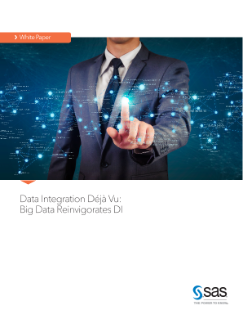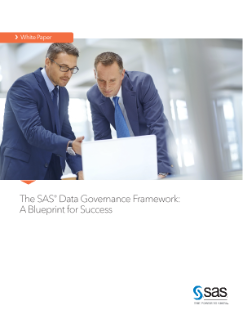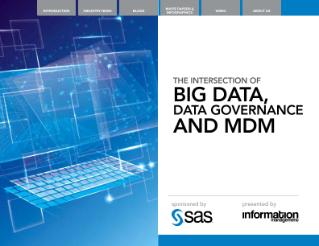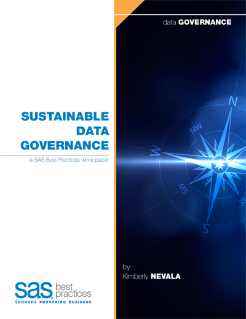
As a youngster in the 70s and 80s, Star Trek inspired my imagination and fostered a great love for science, technology and reading. (See the embedded Star Trek infographic for some interesting factoids – did you know that there were 28 crew member deaths by those wearing red shirts?) Captain Kirk and the









